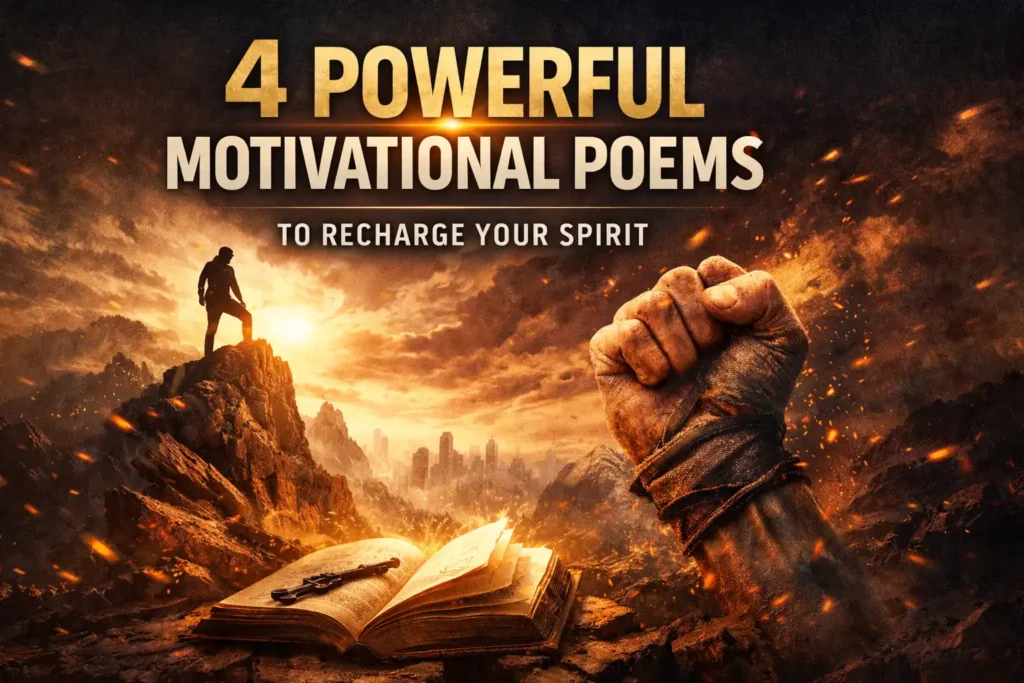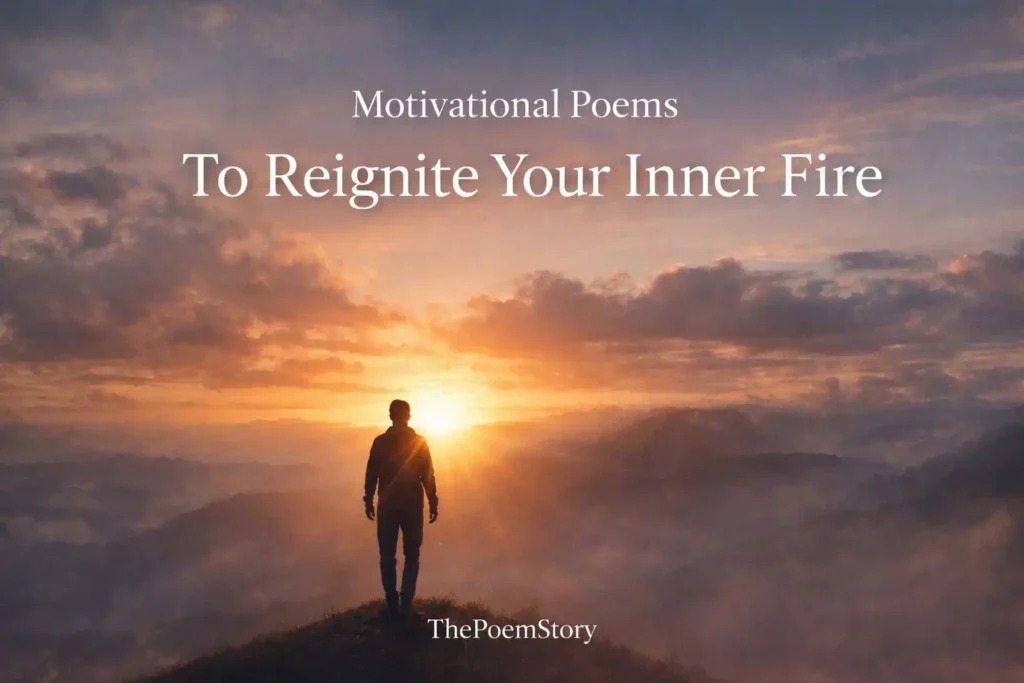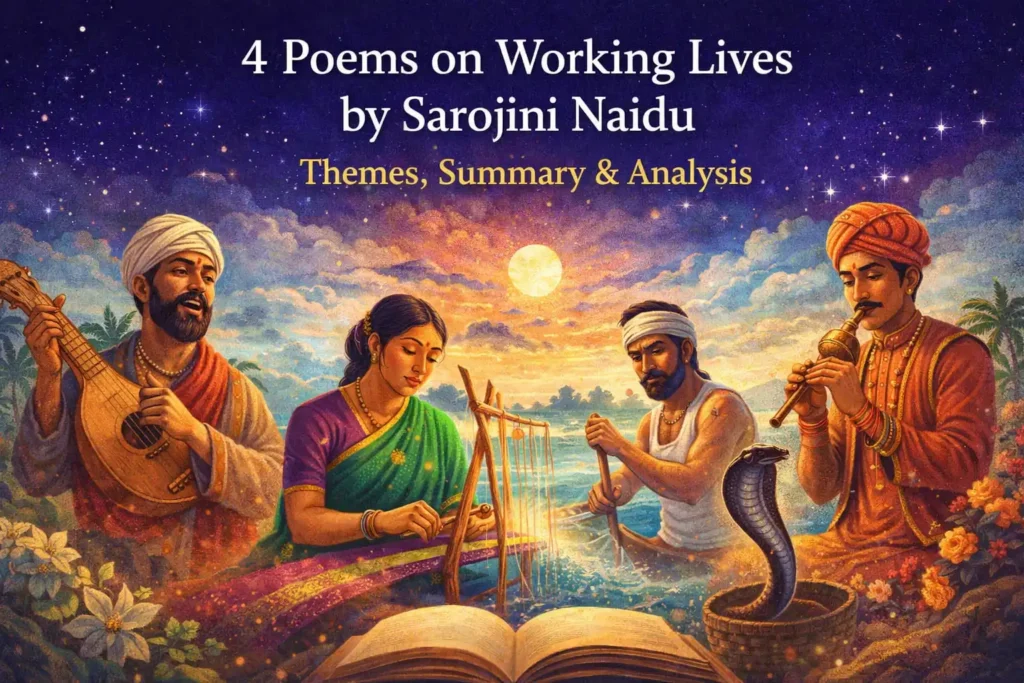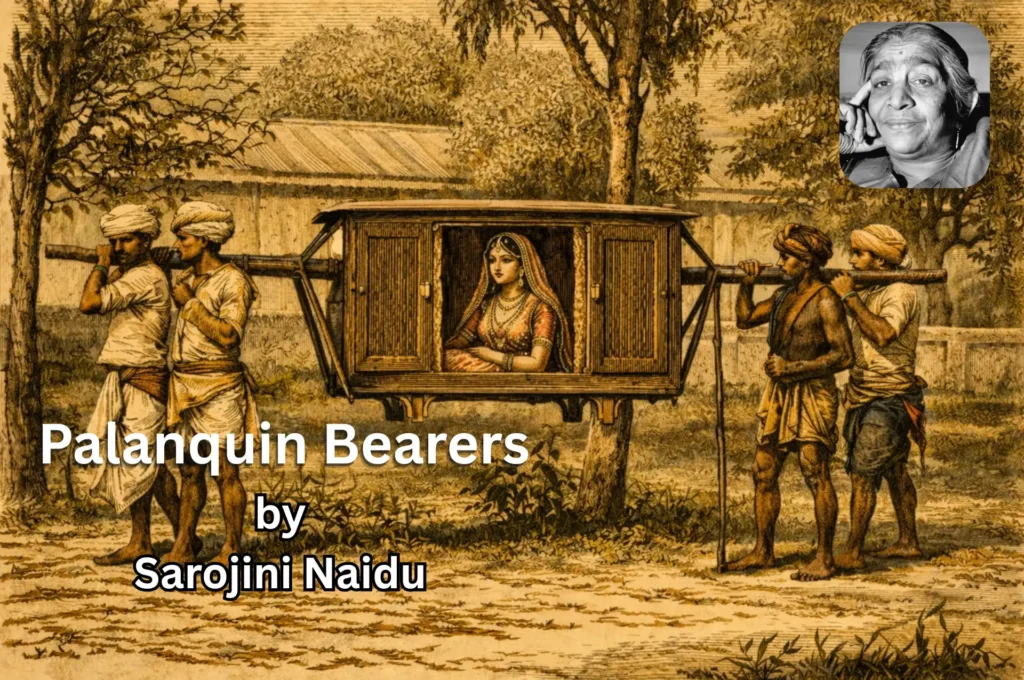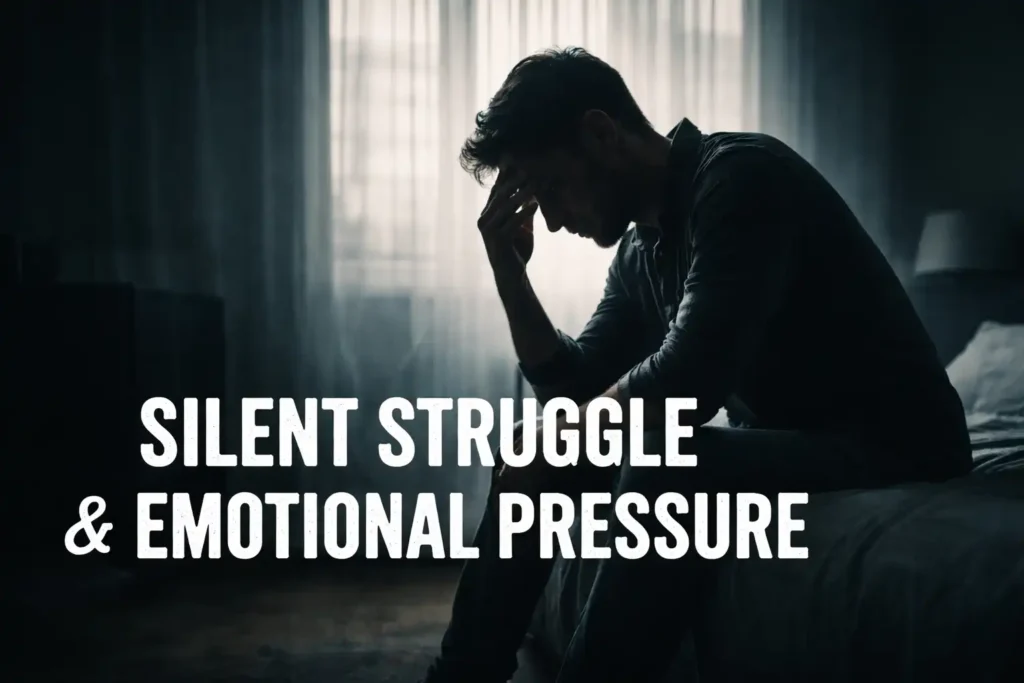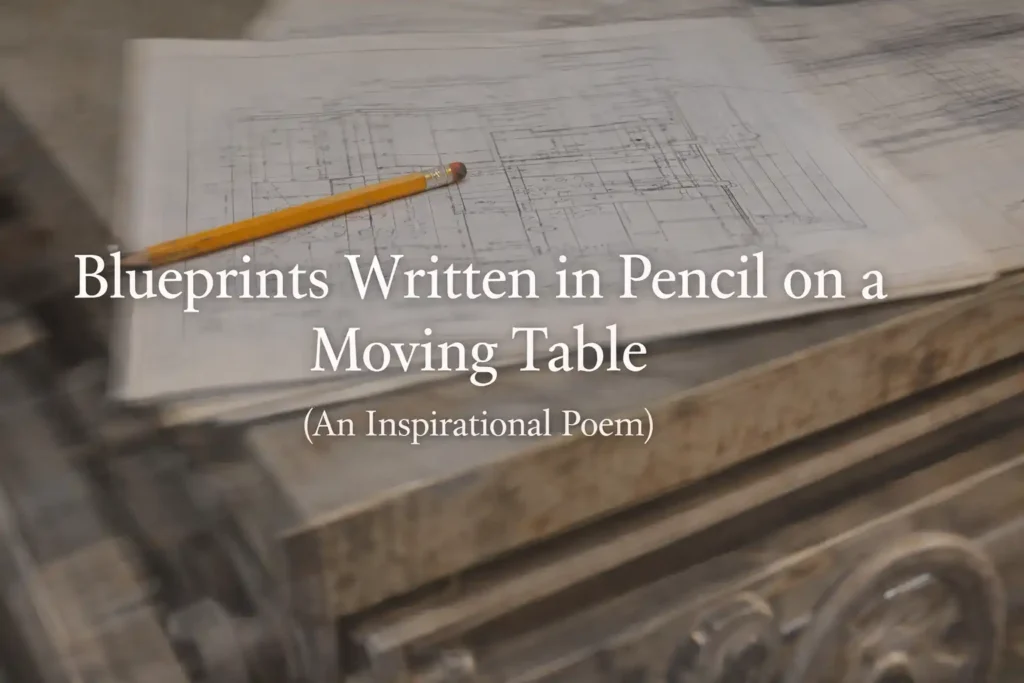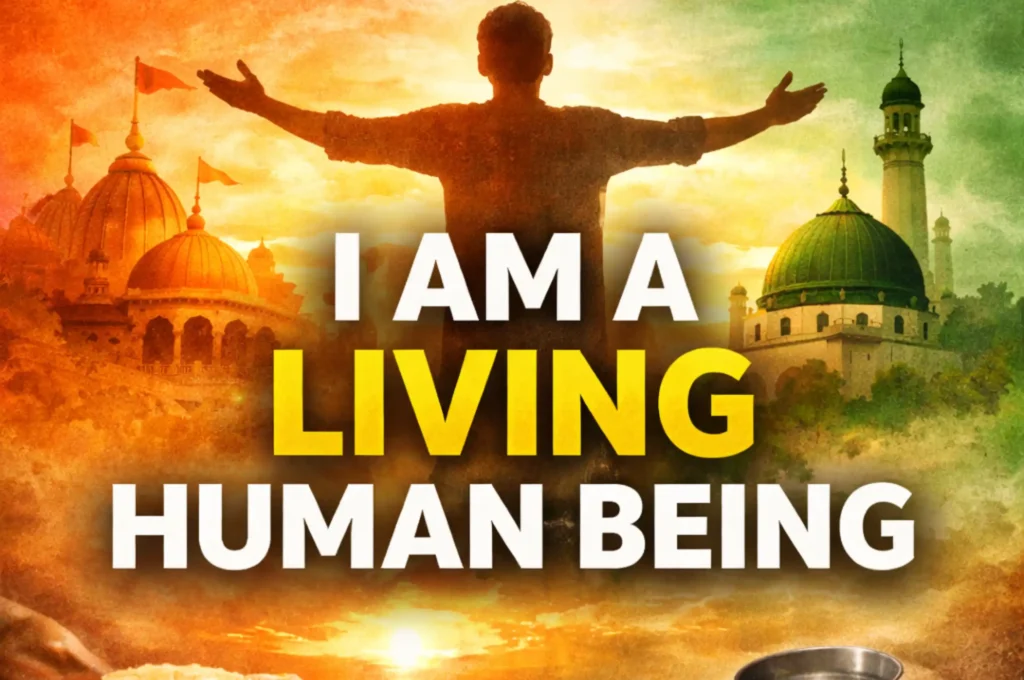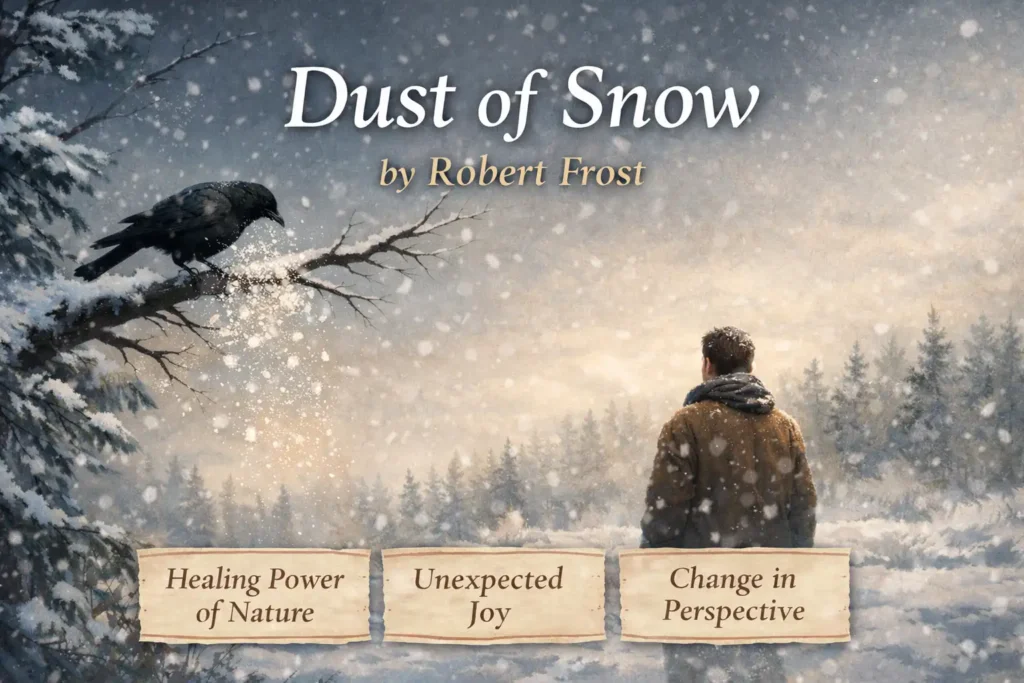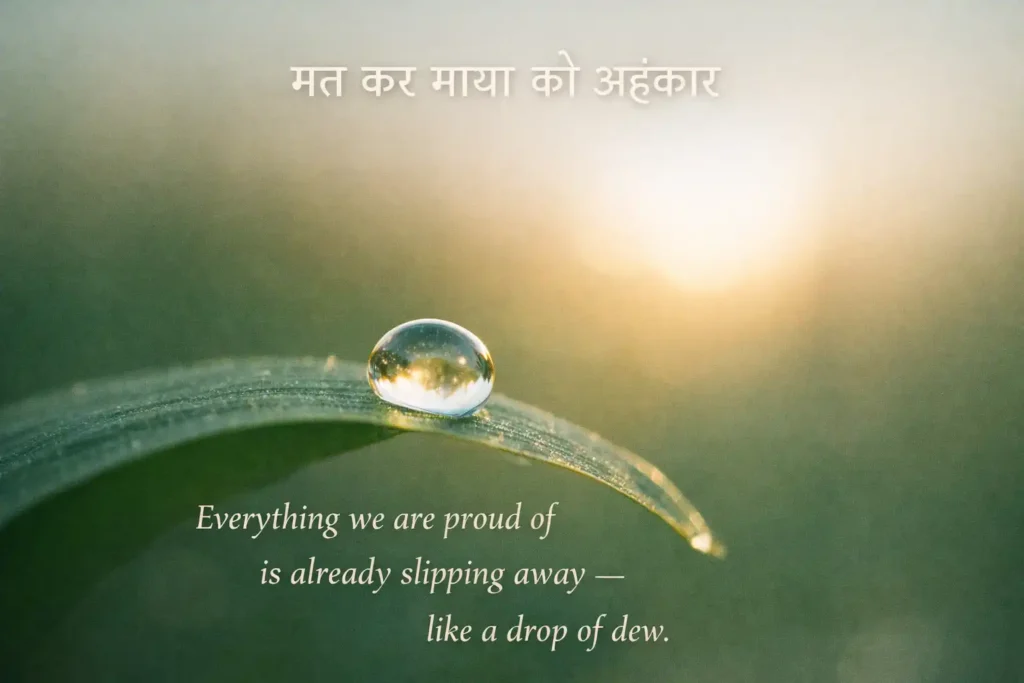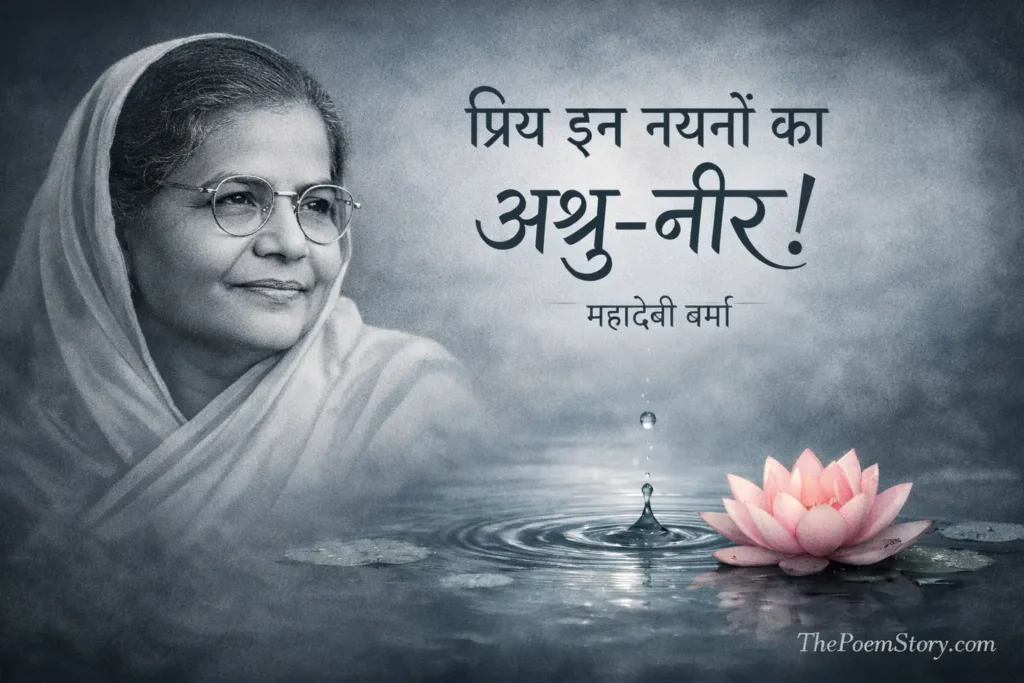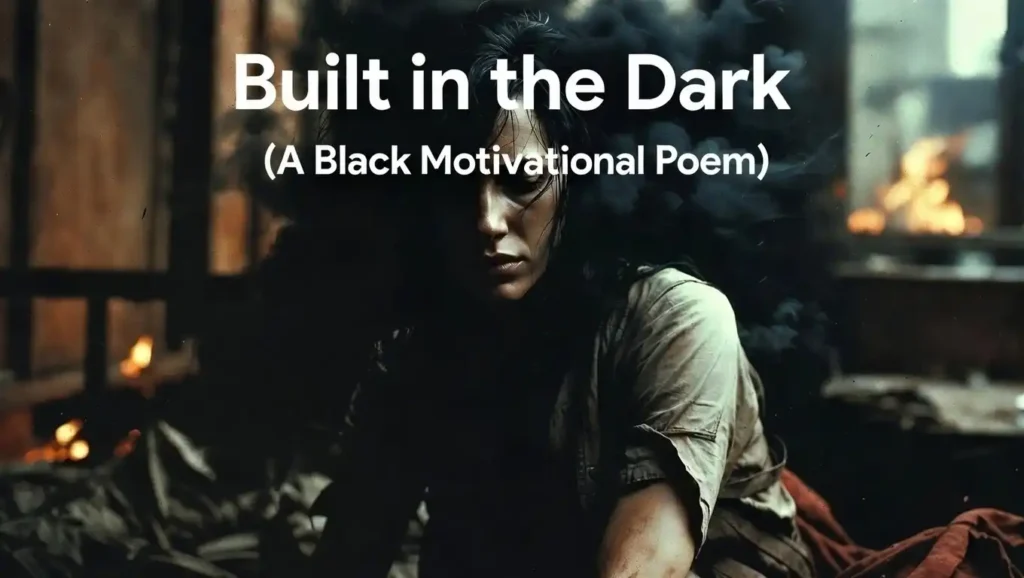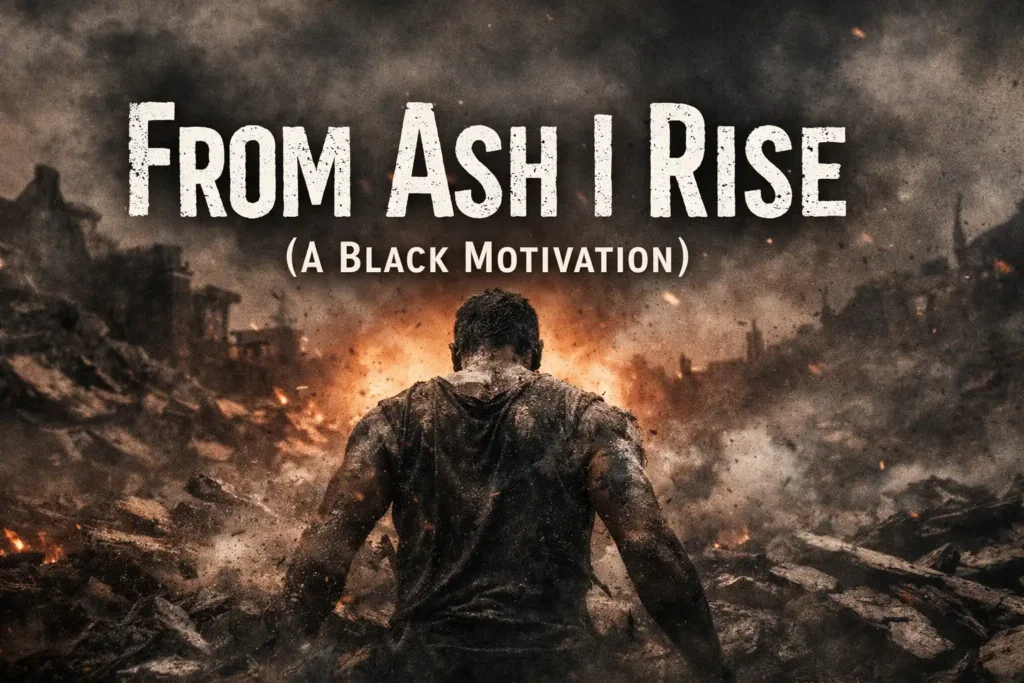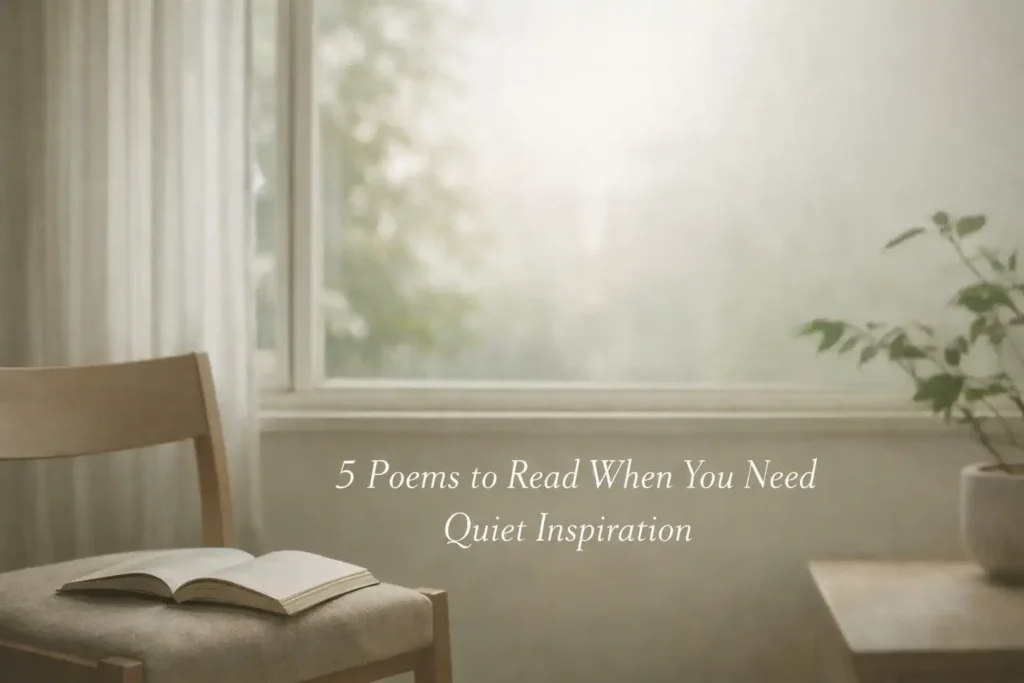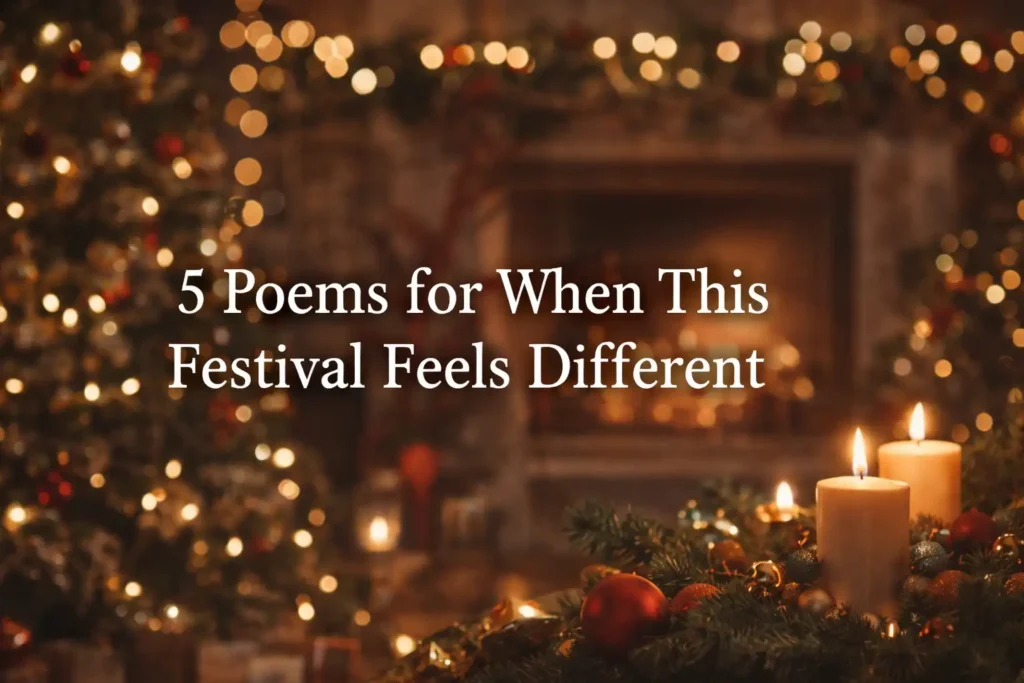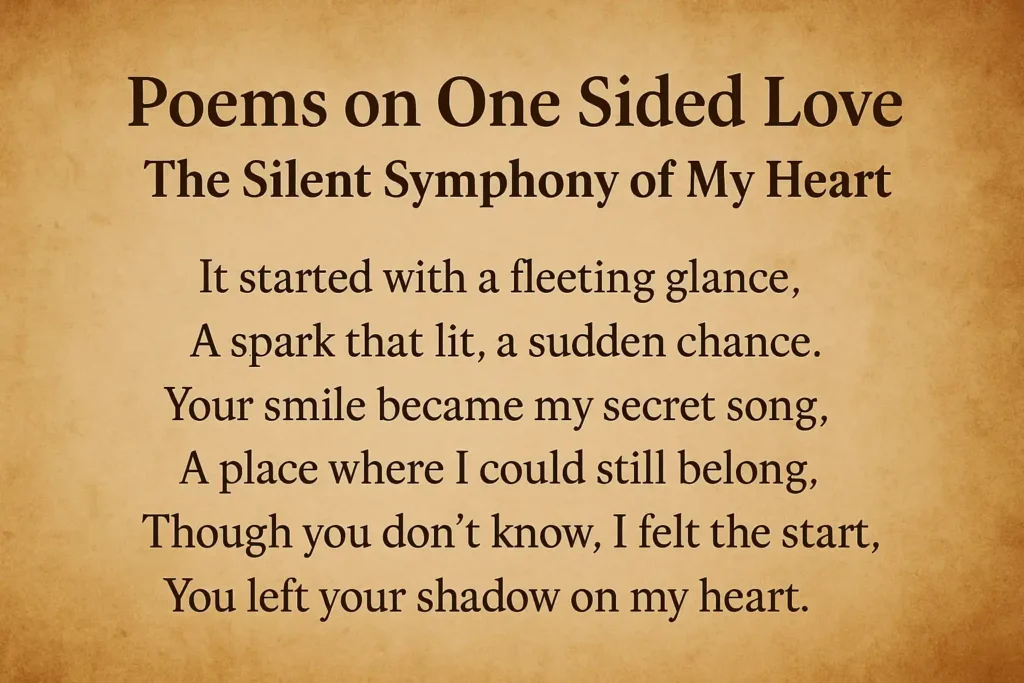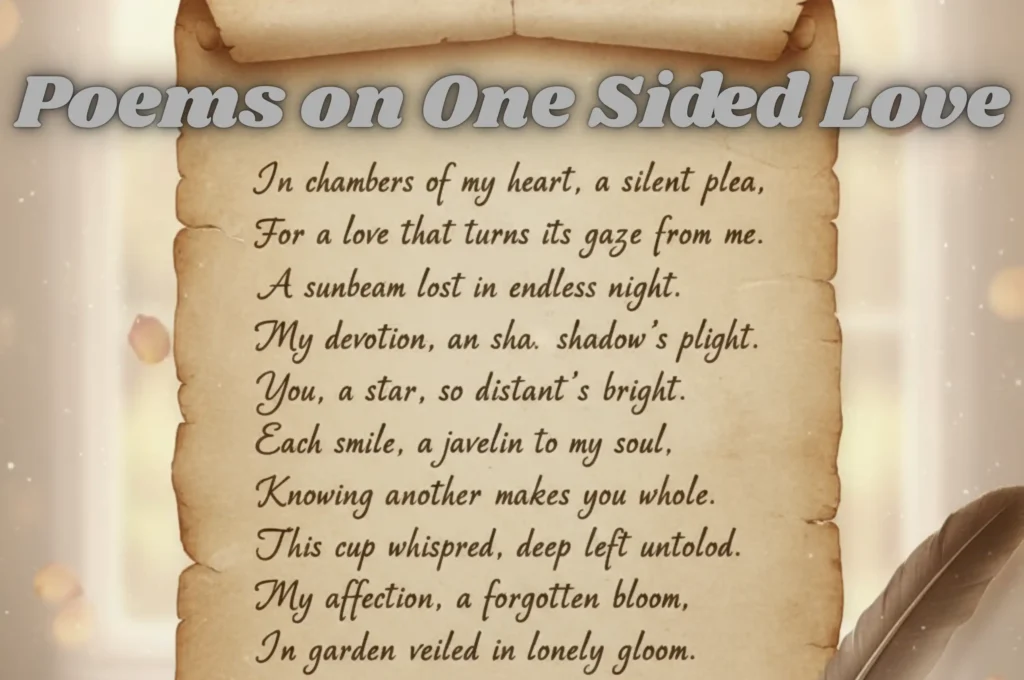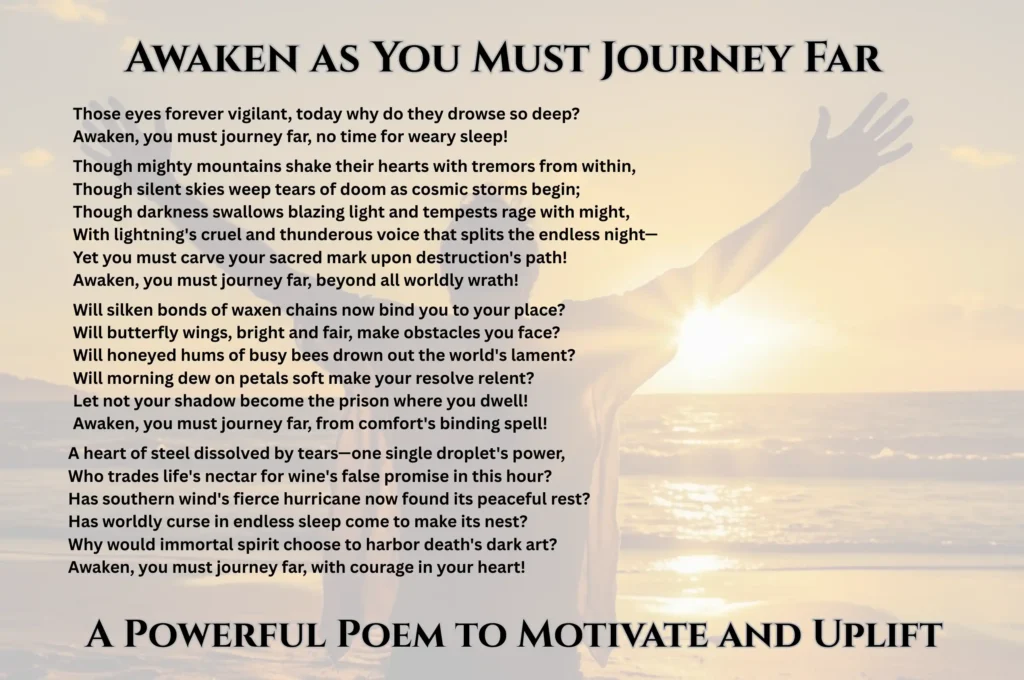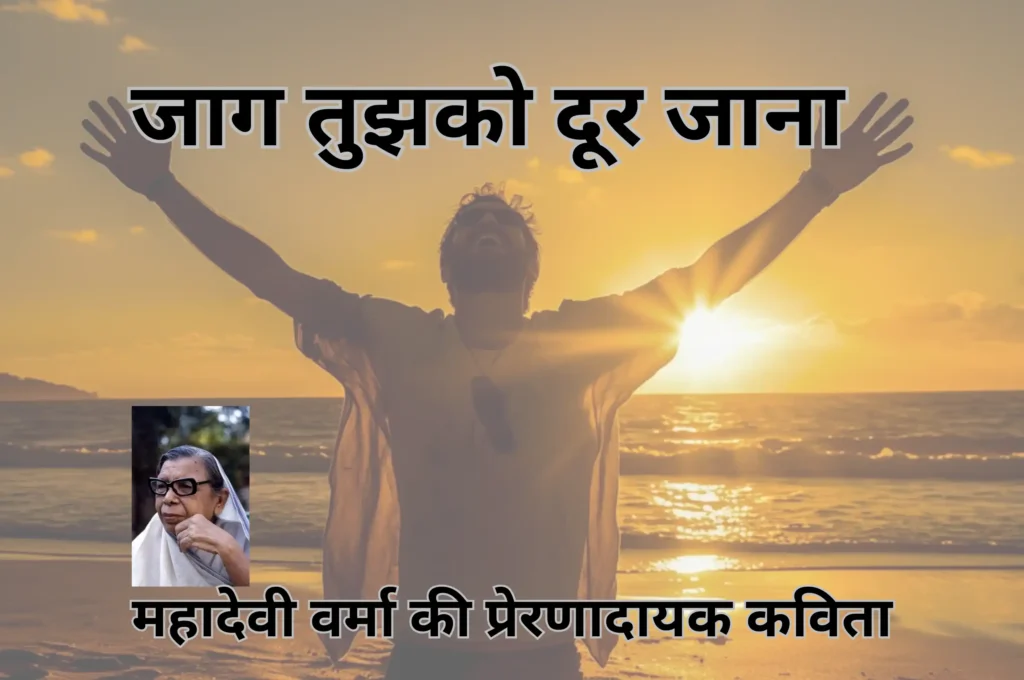Wild Nights Poem by Emily Dickinson. “Wild nights – Wild nights!” is a short yet powerful poem by Emily Dickinson, often numbered 269. This brief yet evocative opening line immediately captures the reader’s attention with its repetition and exclamation. The poem, with only six lines in total, is known for its intense and passionate tone, suggesting longing and desire. The repetition of “Wild nights” creates a sense of urgency and excitement, hinting at a time of unrestrained emotion and adventure. Despite its brevity, this opening line sets the stage for a poem that explores themes of passion and longing, inviting readers to delve deeper into the speaker’s emotional landscape.
Table of Contents
Wild nights Wild nights! Poem Lyrics
Wild Nights Poem by Emily Dickinson
Wild nights – Wild nights!
~ Emily Dickinson
Were I with thee
Wild nights should be
Our luxury!
Futile – the winds –
To a Heart in port –
Done with the Compass –
Done with the Chart!
Rowing in Eden –
Ah – the Sea!
Might I but moor – tonight –
In thee!
Source: The Poems of Emily Dickinson Edited by R. W. Franklin (Harvard University Press, 1999)
Wild nights Wild nights Poem Meaning
Wild nights – Wild nights!
~ Emily Dickinson
Were I with thee
Wild nights should be
Our luxury!
Source: The Poems of Emily Dickinson Edited by R. W. Franklin (Harvard University Press,
These lines from Emily Dickinson’s poem “Wild nights – Wild nights! (269)” express a longing for passionate intimacy and connection with a loved one. Let’s break down the meaning:
“Wild nights – Wild nights!” – The repetition of “Wild nights” emphasizes the intense and exhilarating nature of the speaker’s desires. It suggests a yearning for thrilling, uninhibited experiences, particularly during the nighttime when inhibitions may be lowered.
“Were I with thee” – The speaker expresses a desire to be with their beloved, indicating that being together would enhance and intensify the wildness and excitement of their experiences.
“Wild nights should be / Our luxury!” – Here, the speaker envisions wild nights as a form of luxurious indulgence that they would share with their beloved. The word “luxury” implies that these experiences would be rich, extravagant, and deeply satisfying, emphasizing the profound value and pleasure they would derive from being together in moments of passionate abandon.
Overall, these lines convey a sense of longing and desire for a deep, intimate connection with a loved one, in which they can share in the excitement and intensity of wild, uninhibited experiences together.
Futile – the winds –
~ Emily Dickinson
To a Heart in port –
Done with the Compass –
Done with the Chart!
Source: The Poems of Emily Dickinson Edited by R. W. Franklin (Harvard University Press,
“Futile – the winds -” – The word “futile” suggests that the winds, which often symbolize change or direction, are useless or without purpose. This could indicate that external forces or influences are no longer relevant or impactful to the speaker.
“To a Heart in port -” – The phrase “a Heart in port” suggests a heart that has found a safe haven or a place of rest and stability. This could imply that the speaker’s emotions or desires have settled, and they no longer feel adrift or uncertain.
“Done with the Compass – / Done with the Chart!” – The speaker declares that they are finished with the tools used for navigation, such as the compass and chart. This metaphorically suggests that the speaker has reached a point where they no longer need guidance or direction. They have found a sense of peace or contentment, and they are no longer seeking to navigate the uncertainties of life.
Overall, these lines convey a sense of closure and acceptance. The speaker has found a sense of inner peace and stability, and they no longer feel the need to be swayed by external forces or to chart their course through life. They have found their port, their place of rest, and they are content to remain there.
Rowing in Eden –
~ Emily Dickinson
Ah – the Sea!
Might I but moor – tonight –
In thee!
Source: The Poems of Emily Dickinson Edited by R. W. Franklin (Harvard University Press,
These lines from Emily Dickinson’s poem evoke a sense of longing and desire for a paradisiacal state, often associated with Eden, the biblical garden of paradise. Let’s analyze their meaning:
“Rowing in Eden -” – The speaker imagines themselves in a state of blissful tranquility, akin to rowing in the Garden of Eden. This suggests a sense of harmony and peace, as Eden is often depicted as a place of perfection and innocence.
“Ah – the Sea!” – The mention of the sea invokes a powerful and expansive natural element, which contrasts with the idyllic image of Eden. The sea symbolizes vastness, mystery, and the unknown. Its inclusion adds depth to the speaker’s desire for escape or transcendence.
“Might I but moor – tonight – / In thee!” – The speaker expresses a longing to find solace or refuge in the sea, perhaps as a means of escaping the constraints or troubles of the world. The word “moor” suggests anchoring or securing oneself, implying a desire for stability or belonging amidst the vastness of the sea. The use of “tonight” emphasizes the urgency of this desire, suggesting a longing for immediate relief or release.
Overall, these lines convey a yearning for a state of blissful transcendence, where the speaker can find peace and solace away from the complexities of the world. It juxtaposes the innocence of Eden with the vastness and uncertainty of the sea, illustrating the speaker’s desire for both tranquility and adventure.
Wild Nights Wild Nights Poem Summary
The poem opens with the repetition of “Wild nights,” which immediately grabs attention and sets a tone of excitement and passion. This repetition also emphasizes the intensity of the speaker’s emotions.
The repetition of the phrase “Wild nights” can suggest a yearning for freedom and unrestrained experiences. The word “wild” implies something untamed and uncontrolled, perhaps hinting at a desire to break free from societal constraints or personal inhibitions.
The exclamation mark at the end of the first line further emphasizes the intensity of the speaker’s emotions, suggesting a sense of urgency or exhilaration.
The second line, “Were I with thee,” reveals the object of the speaker’s longing. It suggests a desire to be united with a beloved, someone who inspires these wild and passionate feelings.
The third line, “Wild nights should be,” continues the speaker’s assertion, expressing a belief that these wild nights are meant to be experienced together with the beloved.
Finally, the fourth line, “Our luxury!” concludes the poem with a declaration of shared desire and pleasure. The word “luxury” suggests that these wild nights of passion are seen as a rare and exquisite indulgence, to be cherished and enjoyed together.
Overall, “Wild Nights” conveys a sense of intense longing and desire for union with a beloved, as well as a celebration of the passionate and unrestrained experiences that love can bring.
What Type of Poem is Wild Nights?
“Wild Nights” by Emily Dickinson is typically categorized as a lyric poem. Lyric poetry is characterized by its expression of thoughts and emotions of a single speaker, often in a musical or song-like manner. “Wild Nights” fits this description as it expresses intense emotions and desires in a concise and emotive style. Additionally, the repetition and rhythmic flow of the poem contribute to its lyrical quality. While the poem can also be considered a love poem due to its themes of longing and desire, its form and structure align more closely with the conventions of lyric poetry.
